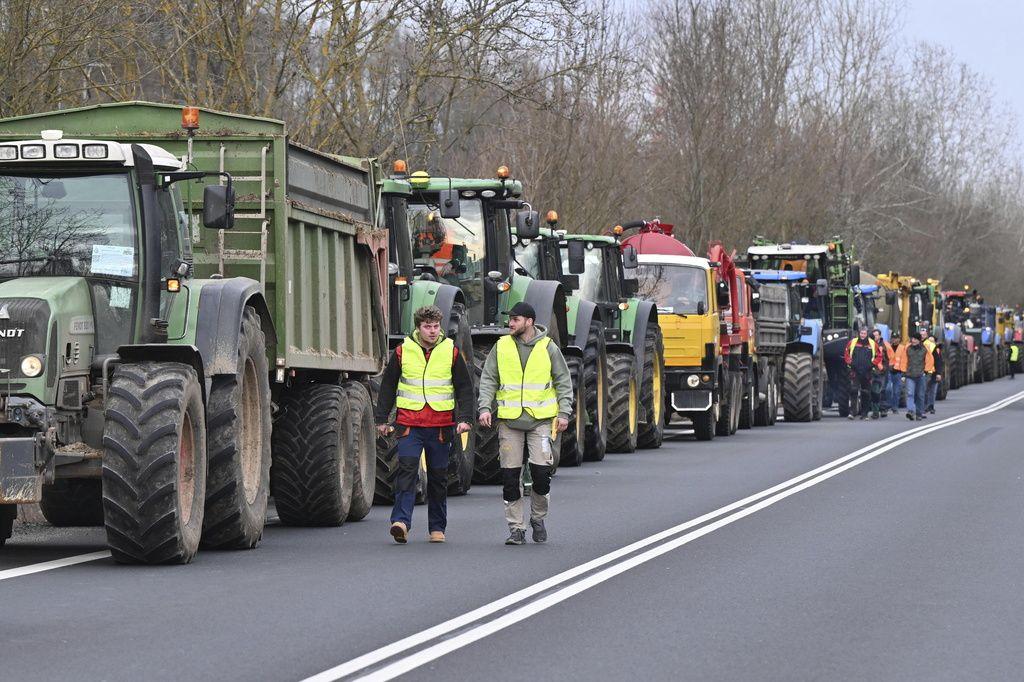
In a bid to quell mounting discontent in the agriculture sector, the European Commission on Thursday put forth proposals to ease environmental requirements on farmers, streamline administrative processes, and reduce the frequency of checks.
In an attempt to calm irate objections from the agricultural industry, the European Commission on Thursday suggested easing certain environmental requirements on farms, streamlining administration, and reducing the number of inspections.
EU agricultural commissioner Janusz Wojciechowski wrote on X, "The message from farmers is clear: they want to be working in their fields, not stuck behind files."
Across the bloc, from France to Poland, farmers have been obstructing highways and disposing of products because they are angry about what they perceive to be onerous environmental regulations and cheap imports.
Leaders of the European Union are disturbed by the demonstrations because they fear they may help the extreme right during the June European elections.
Brussels maintains that it is paying attention to the concerns expressed, and the concessions made on Thursday are only one of several meant to appease the farmers.
The most recent recommendations, which EU agriculture ministers will address on Monday, include lowering requirements for former livestock producers to convert their property to grassland.
To reduce the amount of visits farmers get by half, the commission also plans to modify the way on-site inspections operate.
Farmers around Europe have been calling for reforms to the EU-Ukraine agreements on farming imports, a reduction in agricultural red tape, and an end to limitations on agricultural output.
They argue that since Ukrainian farmers are not constrained by EU regulations on matters like animal care, competition from Ukrainian goods has severely damaged their profitability.
Following accusations from farmers around Europe that their issues were caused by the EU's impending "Green Deal" and the Common Agricultural Policy, Brussels has recently made a number of concessions.
This includes tightening security measures to prevent Ukrainian products from entering the market under a tariff-free program implemented in the aftermath of Russia's 2022 invasion, as well as prolonging the suspension of regulations governing the amount of land that must be kept fallow.
Source: AFP